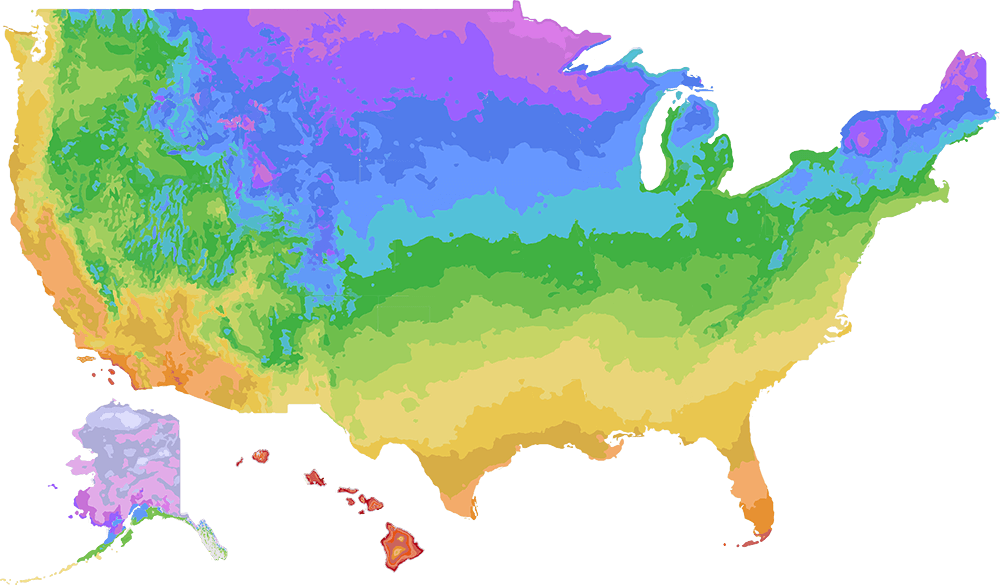Mulching
Mulch is any kind of material applied to the soil surface for protection or aesthetic improvement of the area covered.
Mulch material may be organic, such as bark or straw, or inert, such as stones or polyethylene cloth.
Mulch helps maintain favorable soil conditions under it. Increased plant growth is due primarily to conditions resulting from the use of a given material rather than to any growth-promoting substances present in the mulch itself.
Mulches have many beneficial effects on the soil, plants and the area surrounding the plants.
-
Conserves soil moisture by reducing the evaporation of water from the soil.
-
Prevents crusting of the soil surface, thus improving absorption and percolation of water to the soil areas where roots are growing.
-
Maintains more uniform soil temperatures by insulating the soil, keeping it warm during cool spells and cool during the warm months of the year.
-
Reduces weed problems when the mulch material is weed-free and is applied deeply enough to prevent weed seed germination or to smother existing small weeds. Proper use of mulches considerably reduces time and labor needed to weed garden areas.
-
Adds to the beauty of the landscape by providing a uniformly colored ground cover that may add an interesting texture to an otherwise drab surface.
-
Prevents plants and fruit from becoming mud splashed and so reduces losses from soil-borne diseases.
Despite these beneficial effects, mulches have limitations. They cannot smother large weeds or diminish plant pest problems and may increase slug or rodent infestations. Mulches have no marked influence on the vitamin or mineral content of the plant.
By Michigan State University - Extension




